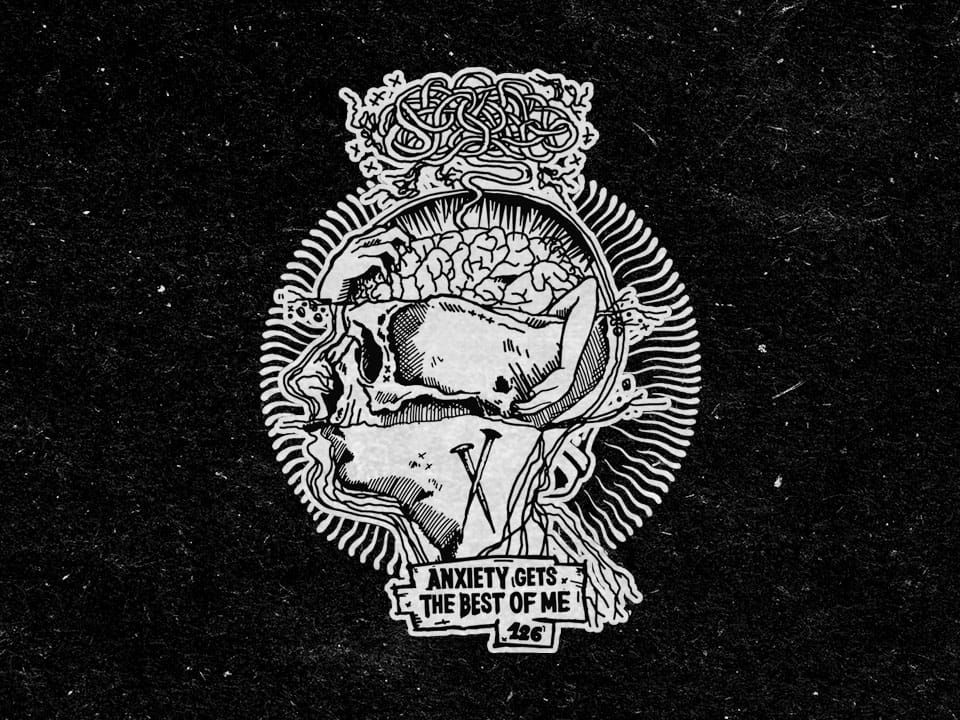Embracing Self-Care: A Lifeline for Those with ADHD

Living with ADHD can often feel like navigating a never-ending storm. The relentless demands on our attention, the constant battle against distractions, and the ever-present sense of overwhelm can make life incredibly stressful. For many of us, this stress is compounded by feelings of anxiety and guilt. We worry about not meeting expectations, about being perceived as unreliable, and about our self-worth. But amidst this chaos, it is crucial to remember one thing: taking care of yourself is not a luxury; it is a necessity.
The Importance of Self-Care
Self-care is often misunderstood as indulgence or selfishness, but in reality, it is the foundation of a healthy, balanced life. For those of us with ADHD, self-care is even more critical. It involves practices that help manage stress, reduce anxiety, and improve overall well-being. These practices can range from physical activities like exercise and proper nutrition to mental health strategies like mindfulness, therapy, and setting healthy boundaries.
Overcoming Inferiority and Guilt
One of the biggest challenges faced by individuals with ADHD is the feeling of inferiority. Society often labels us as disorganized, inattentive, or even lazy. These labels can erode our self-esteem and make us feel guilty for our perceived shortcomings. However, it's essential to recognize that ADHD is a neurodevelopmental disorder. Our brains are wired differently, and that is not something to be ashamed of. Feeling inferior or guilty only adds to the stress and anxiety we already experience. Instead, we should focus on our strengths and unique abilities. Many people with ADHD are highly creative, resilient, and capable of hyper-focusing on tasks they are passionate about. Embracing these qualities can help us build a positive self-image and reduce feelings of guilt.
Practical Steps for Self-Care
- Routine and Structure: Establishing a daily routine can help manage symptoms of ADHD. Consistency in sleep, meals, and activities can create a sense of order and predictability.
- Mindfulness and Meditation: Practices like meditation can help calm the mind and improve focus. Even a few minutes of mindfulness each day can significantly reduce stress and anxiety.
- Physical Activity: Exercise is a powerful tool for managing ADHD symptoms. It helps release tension, improves mood, and boosts overall mental health.
- Professional Support: Therapy and counseling can provide valuable strategies for managing ADHD and associated stress. Don't hesitate to seek professional help when needed.
- Healthy Boundaries: Learning to say no and setting boundaries can prevent burnout. Prioritize your well-being and do not overcommit.
Thriving on Tour with ADHD
For those of us with ADHD, the thought of a chaotic, unpredictable environment can be daunting. However, life on tour, with its fixed schedule and structured activities, can actually be a blessing in disguise. The key to thriving in this setting is to leverage the inherent structure of tour life to our advantage.
The Benefits of a Structured Tour Schedule
- Predictability and Routine: Tours typically have a set schedule with specific times for travel, sound checks, performances, and downtime. This predictability helps create a routine, which is incredibly beneficial for managing ADHD symptoms.
- Time Management: The fixed schedule of tour life forces us to manage our time effectively. Knowing that certain activities will happen at specific times helps us plan our personal tasks around them. This can reduce the anxiety of uncertainty and help us stay organized.
- Focused Downtime: Scheduled breaks and downtime provide opportunities to engage in self-care activities. Whether it’s exercise, meditation, or simply resting, having designated times for these activities ensures we don’t neglect our well-being.
- Social Support: Being on tour often means being surrounded by a team. This built-in support network can be incredibly helpful. Sharing experiences and strategies with others can provide emotional support and practical tips for managing ADHD.
Creating Personal Routines within the Tour Schedule
- Morning Routine: Start your day with a consistent morning routine. Whether it’s a quick workout, meditation, or a healthy breakfast, having a set routine can set a positive tone for the rest of the day.
- Planning and Preparation: Use the predictable tour schedule to plan ahead. Prepare for each day by knowing the itinerary and organizing your personal tasks around it. This could include setting reminders, creating checklists, and using planners or apps designed for ADHD.
- Mindful Breaks: Utilize downtime to practice mindfulness or engage in hobbies that relax and recharge you. Short, mindful breaks can help maintain focus and reduce stress throughout the day.
- Evening Wind-Down: Establish an evening routine to wind down after a busy day. This might include reading, listening to calming music, or reflecting on the day. A consistent bedtime routine can improve sleep quality, which is vital for managing ADHD symptoms.
Navigating life with ADHD is a journey filled with challenges, but it's also one marked by incredible resilience and unique strengths. By embracing self-care, establishing personal routines, and leveraging the structured environment of tour life, we can not only manage our symptoms but thrive despite them. Remember, taking care of yourself is a vital part of this journey. Don't let feelings of inferiority or guilt hold you back. Celebrate your achievements, no matter how small, and reach out for support when you need it.